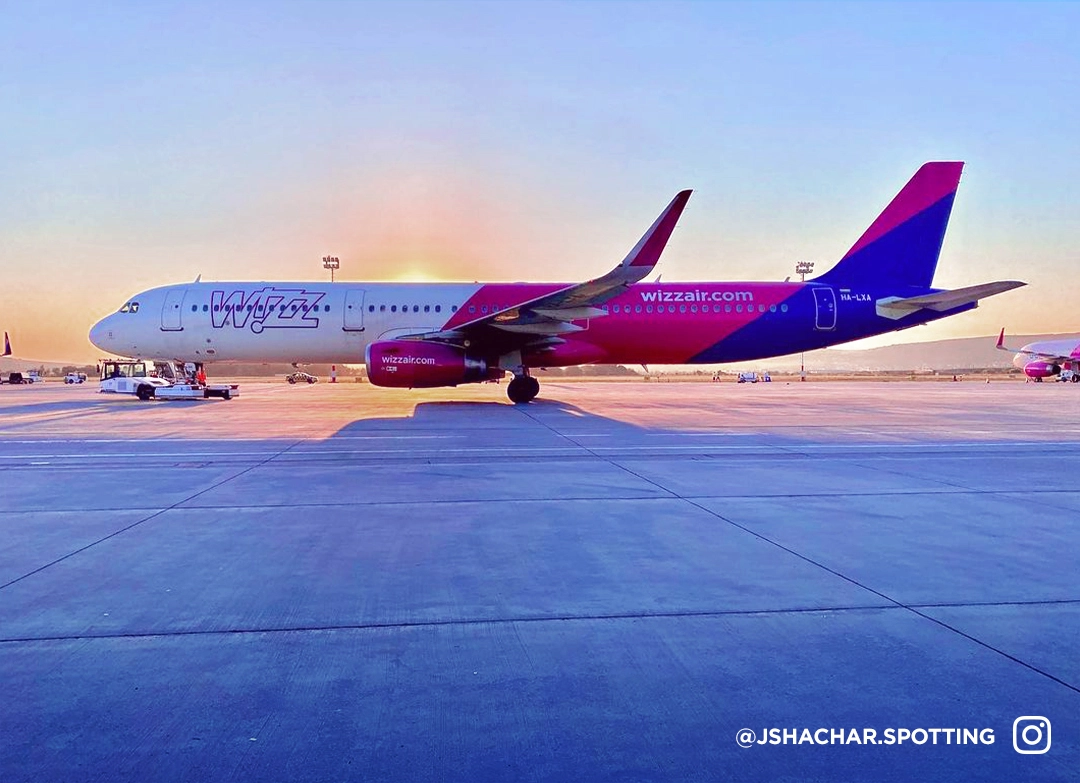Wizz Air: the departure tax is not our biggest problem

Wizz Air carries a third more passengers today than before the pandemic. However, the weakening forint, the strengthening dollar and the plunge in oil prices are weakening the airline’s position. The Hungarian low-cost airline has not incorporated the departure tax into its ticket prices, József Váradi, the company’s CEO, told HVG.
HVG asked József Váradi, CEO of Wizz Air, about the cost of the departure tax for the company and how they are trying to recover it, whether they are planning domestic flights, and how the investigation into the summer flight cancellations is progressing.
On cost increases and the departure tax
The CEO pointed out that the general trend in the industry is for prices to rise as costs increase. Wizz Air is also negatively affected by the weak euro and the rising price of kerosene, while technological improvements and fleet renewal are driving prices down. However, Váradi added that the upward price effect is expected to be stronger in the next 1-2 years.
As for the special tax, Váradi said that it would mean a 3-4 percent increase in costs for the company. This is relatively low compared to the fact that the weight of kerosene in costs has increased from 30 percent to 50 percent before the pandemic and the euro has weakened 20 percent against the dollar, Portfolio. As for the fuel hedging, Váradi said that from April 2023, the company’s hedging scope will revert to the pre-pandemic period. However, the truth is that the company is not well funded in the current period, he added.
On Ryanair
On Ryanair’s flight cuts in Hungary, the CEO said that the reason behind them was not necessarily the departure tax, but rather that the competitor had brought in unprofitable capacity to gain market share. As for international expansion, Váradi said that this is the reason why the Wizz Air group now carries 33 percent more passengers than before the pandemic, making it the fastest growing airline in Europe. The CEO did not provide any new information on the consumer protection case against the company, but stressed that the delays and cancellations were caused by a dysfunctional operating environment.
“We don’t consider ourselves fundamentally responsible for this: if you look at the cancellations in Europe, Wizz Air cancelled just as many as the European average, we were not at all out of line.” As for future targets, Váradi said that by 2030 they would like to have a fleet of 500 aircraft, up from the current 170. Wizz Air will remain a Central and Eastern European airline, but the company is also expanding in Western Europe and sees opportunities in the East, he added.
Source: HVG, Portfolio







